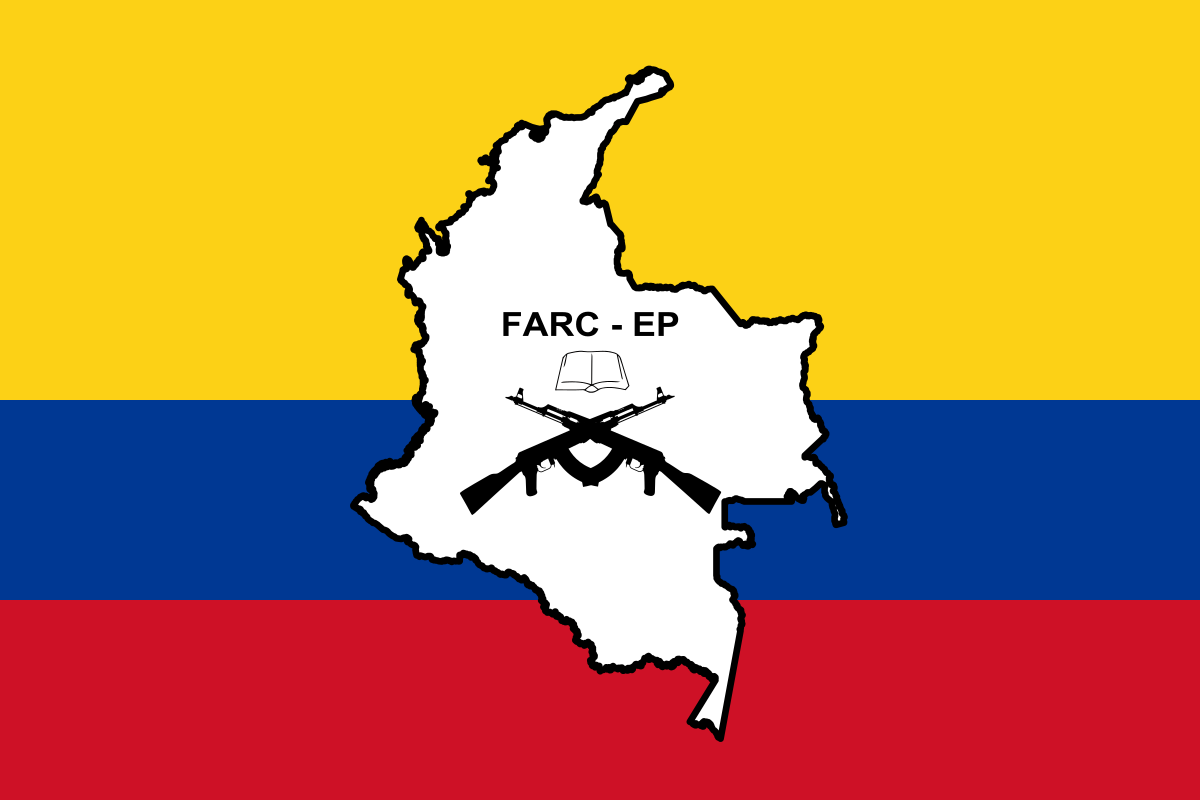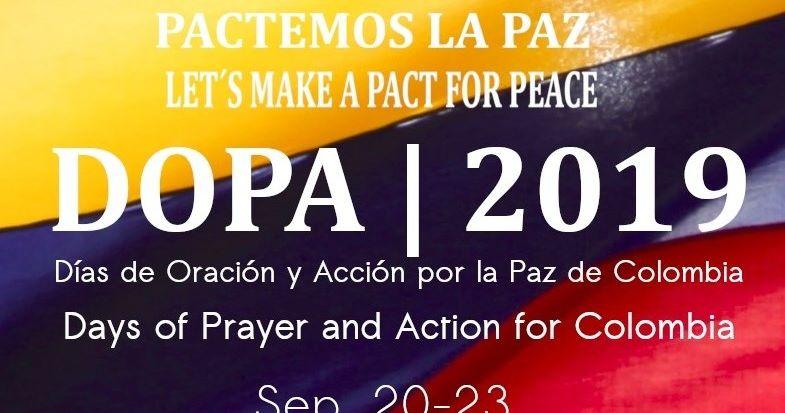Jesus Abad wins Latin America's top journalism prize after spending years documenting violence in his homeland. For a quarter of a century he has tried to show the consequences of the criminal acts of rebel fighters, the paramilitaries and the Colombian army that have left 220,000 people dead. His portraits perhaps best capture the pain of a war that despite its duration has very few defining images.
- Home
- About Us
- Issues
- Countries
- Rapid Response Network
- Young Adults
- Get Involved
- Calendar
- Donate
- Blog



